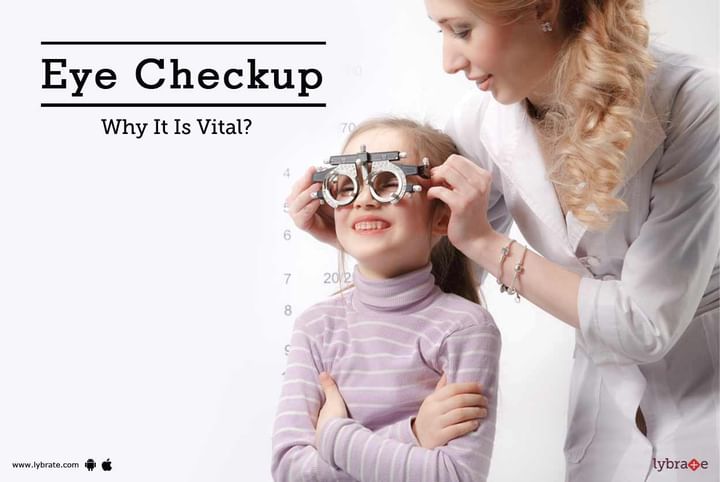Eye Checkup - Why It Is Vital?
Before you go through this, just close your eyes for a few seconds and ponder how your life would be if you are unable to see? Pathetic isn’t it? Eyes are one of the greatest gifts from the almighty, and it is your sole responsibility to protect them and keep in optimal health so that you too can keep on enjoying the beauty of nature.
Sometimes people are too lazy to go for an eye checkup when there is absolutely no vision problem and in other cases, people just don’t feel it is important to go for an eye checkup once in a year. However, routine eye exams are crucial for every person regardless of the age, gender, origin or habits. It is not just for individuals with poor eyesight but for everyone with or without eye problems. Here are the top reasons why you must be paying a visit to an ophthalmologist.
- Getting the prescription updated: You may think that your eyes are fine and there is nothing reasonable in visiting an ophthalmologist. But it is a general human tendency to neglect things until it is so late that nothing can be recovered. And your eyesight and eye health is no child’s play- it is vital in directing the quality of your life. The skilled ophthalmologist can monitor the condition of your eyes and follow up the changes that have taken place over time. Your eyes and their features are unique, and thus it becomes easier for the expert to detect what’s been altered in them.
- Seeing to the best of your abilities: People with corrective lenses often experience the need for tracking the periodic changes that have already taken place. Your eyes alter their shape and condition with time. Thus, keeping your prescription updated offers a subtle yet crucial advantage that you may not have considered before. Some of them are even concerned with your safety such as your ability to see while you drive at night.
- Eye diseases can be secretive: Sometimes, vision issues can come in quickly but often eye disorders tend to creep up that most individuals are not able to see. The deterioration can be so subtle and slow that you are unable to detect anything until it has progressed to a great extent. Eye diseases such as diabetic retinopathy and glaucoma typically have no symptoms, which can be detected at an early age.
And it goes without saying that vision loss cannot be reversed. But in case you visit your ophthalmologist regularly from an early age, vision loss can be prevented or at least slowed down.



+1.svg)
